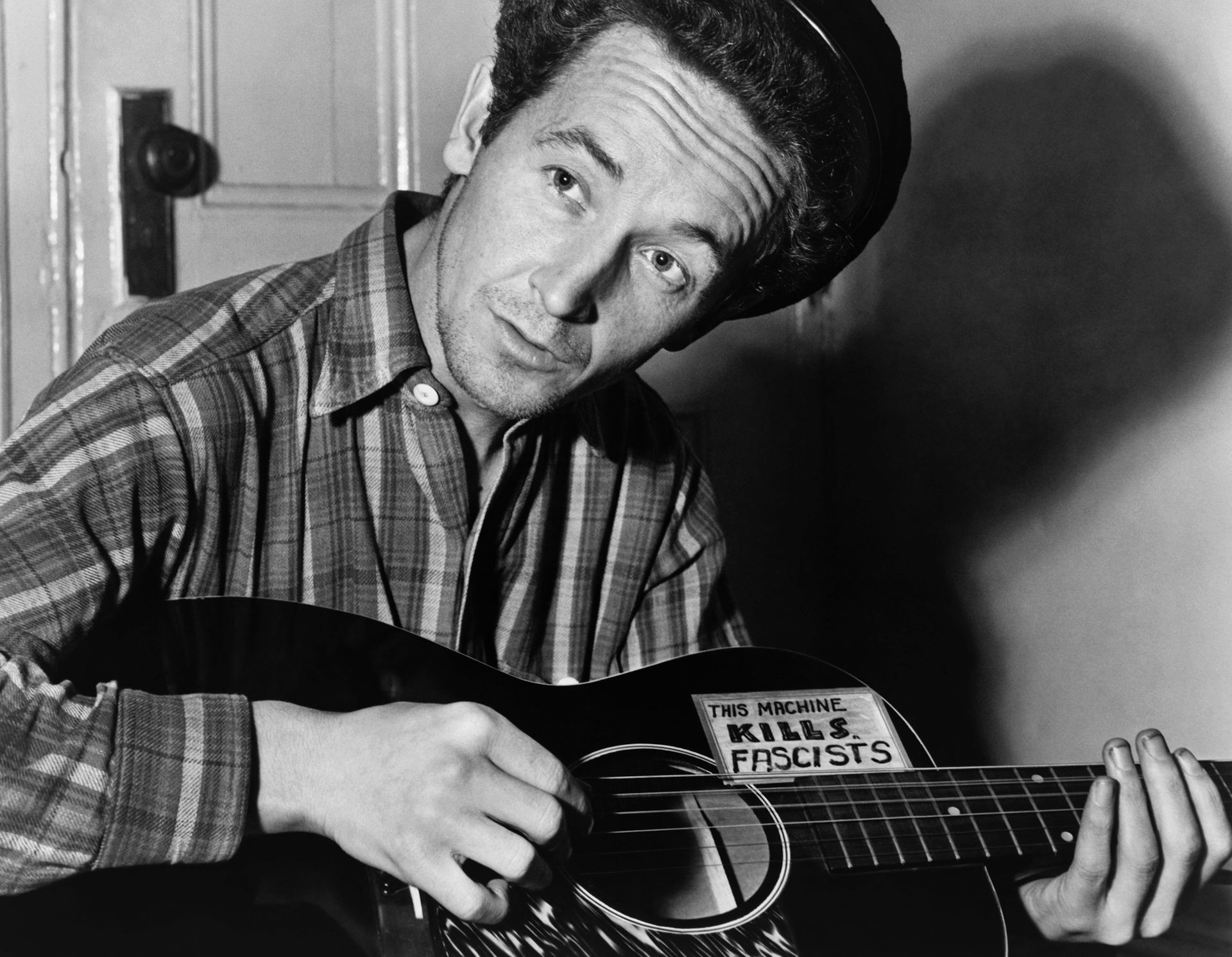
In a remarkable intersection of American folk music and real estate history, legendary singer-songwriter Woody Guthrie penned protest lyrics targeting his landlord Fred Trump after discovering discriminatory housing practices at Brooklyn's Beach Haven apartments in 1950-51.
Guthrie, famous for writing "This Land Is Your Land," signed a lease in December 1950 for an apartment in the Trump-built Beach Haven complex. What he soon discovered was that the development, financed through Federal Housing Authority loans, maintained strict racial segregation policies preventing Black Americans from renting units.
Angered by these discriminatory practices, Guthrie expressed his frustration through pointed lyrics condemning Fred Trump, father of former president Donald Trump. He adapted his famous song "I Ain't Got No Home" with new verses specifically criticizing his landlord:
"Beach Haven ain't my home! I just cain't pay this rent! My money's down the drain! And my soul is badly bent!"
In his personal notebooks, Guthrie envisioned transforming the all-white Beach Haven into an integrated community, writing about welcoming residents of all races to "love in any ways you please" and have "a decent place to get pregnant in and to have your kids raised up in."
The folk singer directly called out Fred Trump's role in perpetuating housing discrimination with lyrics like:
"I suppose Old Man Trump knows Just how much Racial Hate he stirred up In the bloodpot of human hearts When he drawed That color line Here at his Eighteen hundred family project"
The discovery of these previously unpublished writings in the Woody Guthrie Archives provides a unique historical perspective on housing discrimination in post-war New York City, while highlighting how even celebrated artists used their craft to protest social injustice.
Beach Haven would later face federal investigation, with Fred Trump's company charged by the Justice Department in the 1970s for discriminatory rental practices - validating the concerns Guthrie expressed through his protest songs two decades earlier.